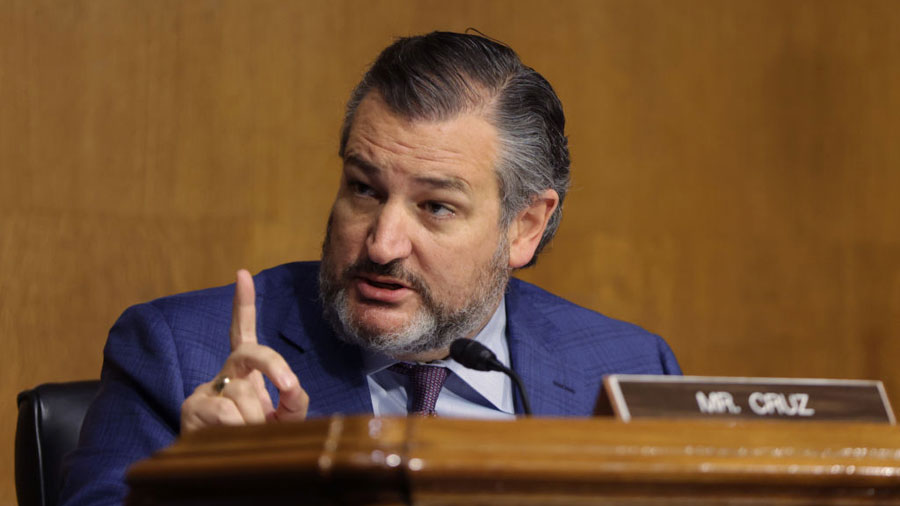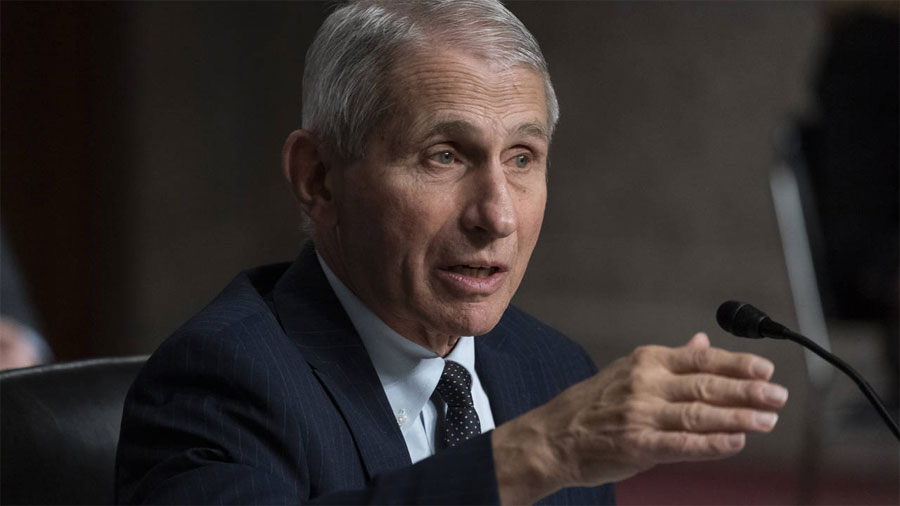Fate of Initiative 1639 to be determined by secretary of state
Jul 5, 2018, 1:56 PM | Updated: 1:56 pm
Gun control Initiative 1639 has not yet made it to Washington state voters. It hasn’t been approved by state officials. And it hasn’t even been seen by the people charged with ensuring it is up to snuff. But it has already garnered considerable controversy in Washington state.
RELATED: 17 problems with Washington’s latest gun initiative
Like most controversies, it’s complicated — steeped in processes, bureaucracy, and opinion. I-1639 faces lawsuits and has briefly passed through the state Supreme Court. The controversy is now in the hands of Washington’s Secretary of State Kim Wyman. And she is not making any decisions just yet.
“Right now we still have not even had any of the petitions sheets submitted by the signature gatherers and sponsors,” Wyman told KTTH Radio’s Todd Herman on Tuesday. “So a lot of the discussion happening on social media and certainly on a few radio stations, is speculative. We haven’t seen what they have to turn in.”
“There’s a lot of things going around on both sides, making a lot of accusations, but until we actually get the petitions those are academic discussions,” she said.
Part of what Wyman is considering is the fact that a lawsuit has been filed against the initiative petition gathering effort by the Second Amendment Foundation and the Citizens Committee for the Right to Keep and Bear Arms. I-1639 supporters say they’ve received the 260,000 signatures needed to get the issue on the ballot. But the lawsuit argues that signature gathers broke state initiative rules and that should invalidate the entire effort.
“You have to show print on the back of your initiative petitions, a truly-correct copy of the initiative,” Alan Gottleib with the Second Amendment Foundation told Todd Herman. “And they didn’t do that. They left out, in particular, all the new language that goes into the law, and all the strikeouts of language that gets taken out of current code. So when one reads it, they don’t know what the current law is, what is being proposed as new law, or what is being taken away as law. That is illegal. Our Legislators can’t do that.”
Gottleib also argues that the text which was showed to petition signers was so tiny that it shouldn’t be allowed. He is also challenging the initiative petition on constitutional grounds – initiatives are to be about a single issue. I-1639 would make various modifications to gun control laws in Washington from changing the age to purchase some firearms to requiring safe storage of guns.
Supreme Court inaction
Beyond the lawsuit, Gottleib further alleges that the recent action, or inaction, taken by the state Supreme Court was a political move. The Supreme Court opted not to consider the matter, and kicked it down to the secretary of state’s office. The judges were not the ones who made the decision, howver. Instead, it was a deputy court commissioner.
“This was done as a political decision so the court wouldn’t rule on it,” Gottleib said. “And by not ruling on it, it creates a lot of problems for us, because after the signatures are submitted, we probably won’t be able to legally challenge it once it’s accepted by the secretary of state.”
“This is a total political decision, by basically a bureaucrat at this point that, that’s stymieing us from getting our day in court,” he said.
RELATED: What’s in Washington’s latest gun control initiative?
Now that the issue is at the door of the secretary of state’s office, Wyman is being careful.
“When we make a decision in our office, and certainly when the courts make any decision related to any initiative referendum process, it sets a precedence,” she said. “That is what is foremost in my mind … we don’t want to just get caught up in the heat of the moment and make a rash decision.”
Secretary of State to decide I-1639
Wyman says that since a lawsuit was filed regarding I-1639, attorneys are looking through state laws and the constitution to determine the secretary of state’s authority in such matters. She says her office is “being thoughtful and not jumping to any conclusions.” At this point, they are looking into the law until they actually receive and view the petitions.
“… it appears that the Legislature doesn’t give me the direct authority to look at the content of a petition,” she said. “There are certain parameters like the oath that’s on the front of the petition sheet.”
“At least in my read of it, the Legislature … limited my authority of what can be rejected,” Wyman said.
“I think that’s in line with the intent of the initiative process,” she said. “Really both in the constitution and our laws, it’s really to give people presenting petitions every opportunity to get it to the voter. And the courts have clearly, through the years, always said, ‘Even if it is unconstitutional, that is not grounds to reject it from making it on the ballot.’”














